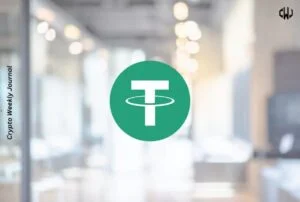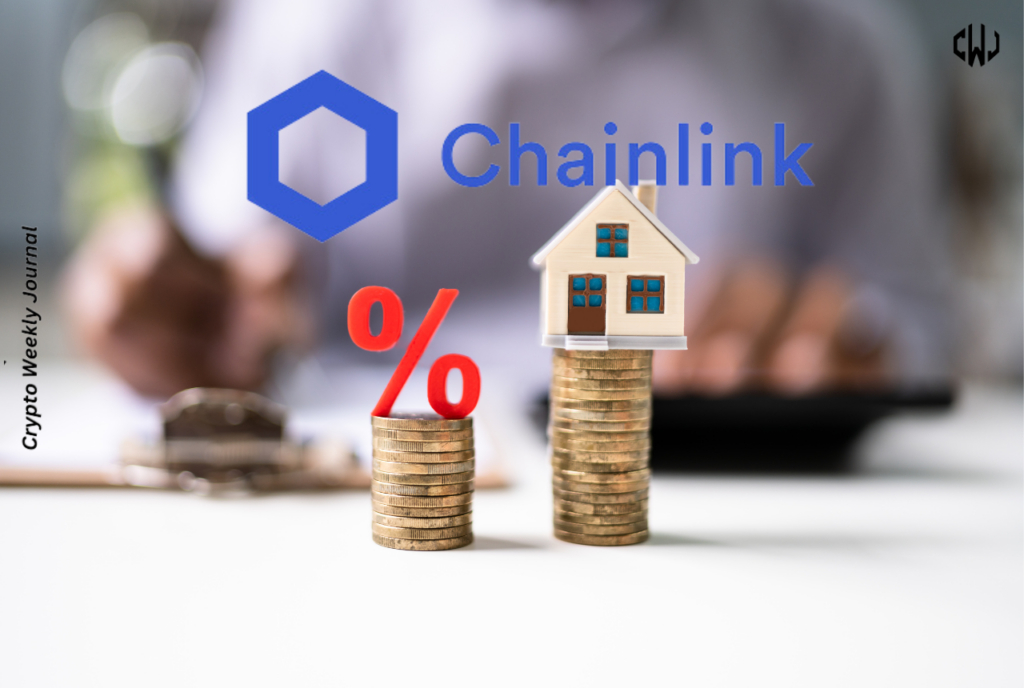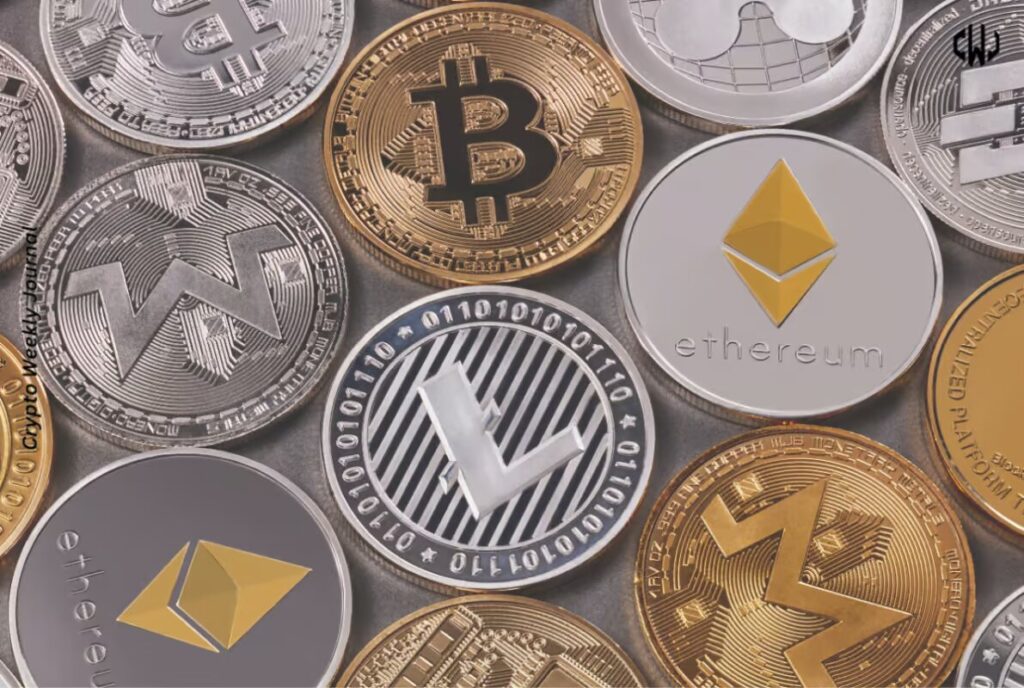- Visa launched VTAP, a platform enabling banks to manage tokenized digital assets.
- VTAP supports fiat-backed tokens like stablecoins, with simple API integration.
- The launch coincides with a major antitrust lawsuit accusing Visa of monopolizing the debit card market.
Visa announced the launch of VTAP, a platform for banks to manage tokenized digital assets, amid a U.S. Justice Department antitrust lawsuit against the payment giant.
Released on October 3, 2024, VTAP enables banks to mint, burn, and transfer fiat-backed tokens like stablecoins and tokenized deposits. By doing this, the payment behemoth aims to simplify tokenization processes through seamless API integration and multi-blockchain interoperability, promoting ease of use for financial institutions. VTAP stands for Visa Tokenized Asset Platform and is seen as a significant development in digital asset management.

VTAP’s creation underscores Visa’s growing interest in digital assets, offering its partners a sandbox environment on its Developer Platform to explore its potential. This innovative platform is touted to be valuable for banks looking to integrate blockchain technology without overhauling their current systems. Its smart contract compatibility means institutions can automate various processes using blockchain in a secure and regulated way.
As the crypto ecosystem grows, VTAP could play a major role in linking traditional finance with blockchain innovations. Visa’s efforts will likely impact the adoption of digital currencies globally, given its expansive reach.
Visa Faces Antitrust Heat
Interestingly, the payment firm’s new foray into tokenized assets comes at a time when it is under scrutiny by the U.S. Department of Justice. A recent antitrust lawsuit accuses the firm of monopolizing the debit card market and stifling competition for over a decade. The lawsuit claims Visa has exploited its market dominance, forcing businesses to use its payment network, which allegedly resulted in higher costs for consumers.
So far, the payment giant has refuted these claims, with its general counsel, Julie Rottenberg, arguing that the company faces intense competition in the payments market, especially from emerging digital payment systems. Nevertheless, its focus on expanding its digital asset management could demonstrate its shift towards future payment methods.



